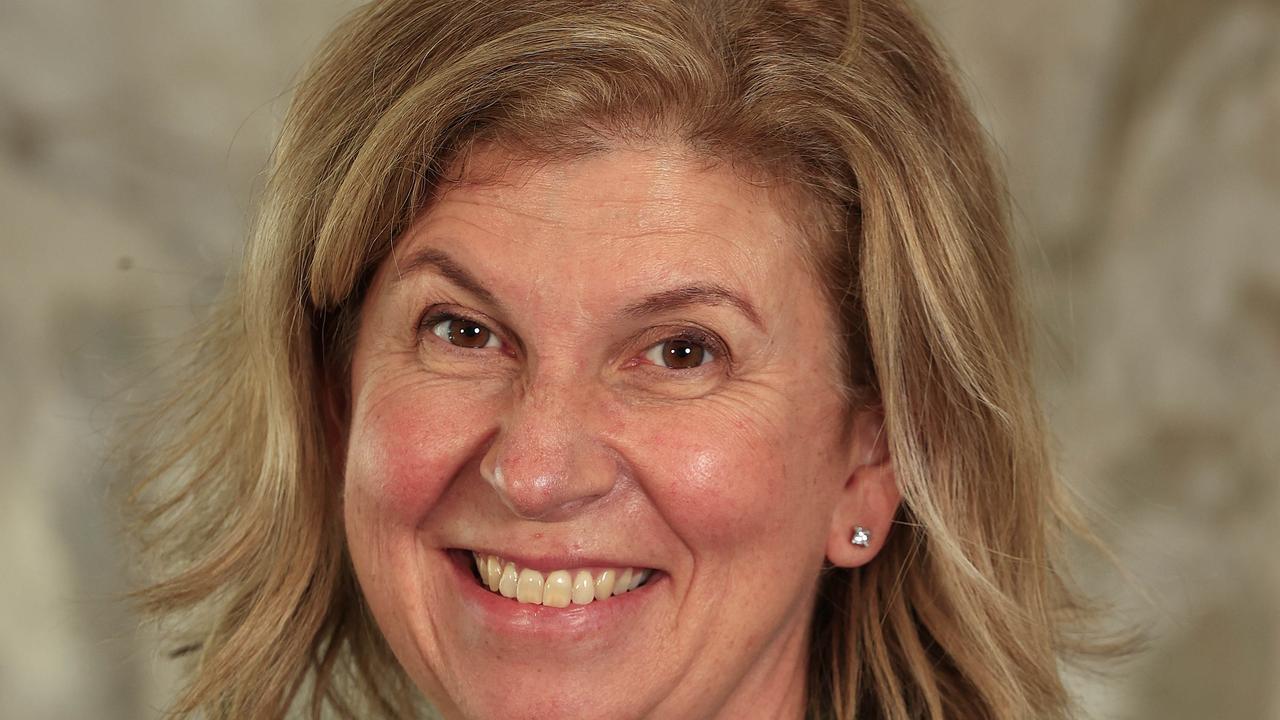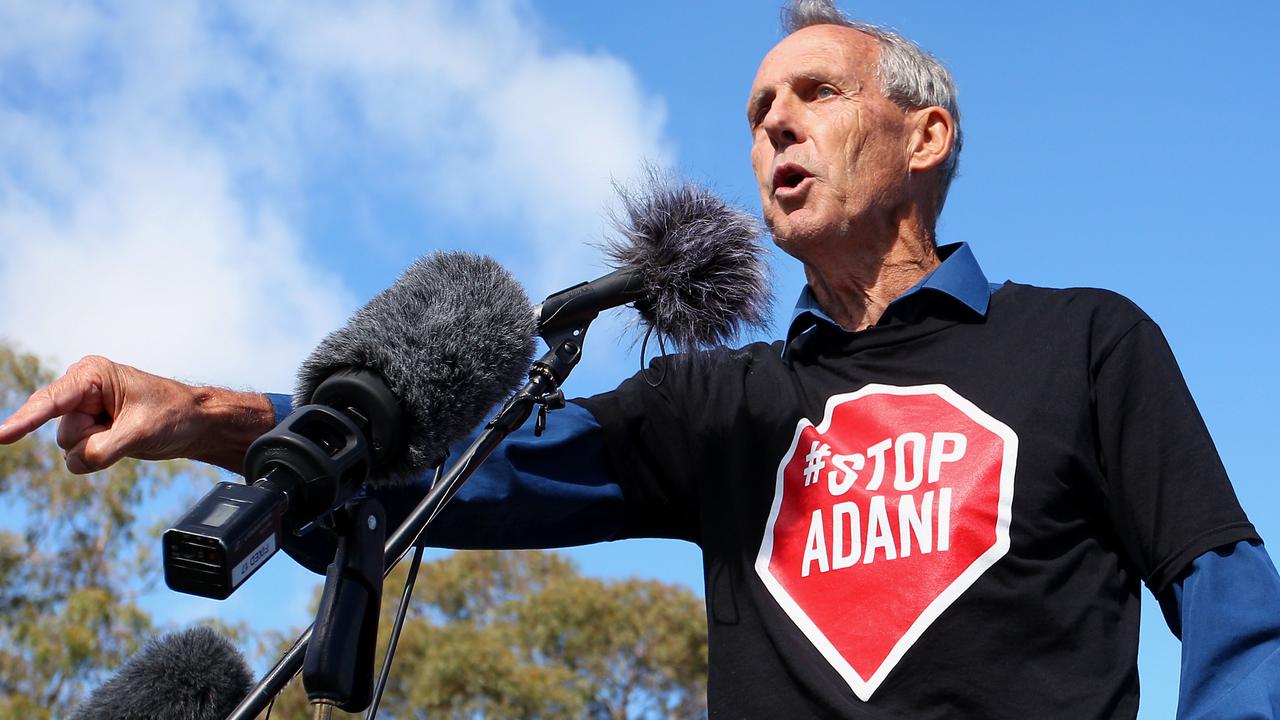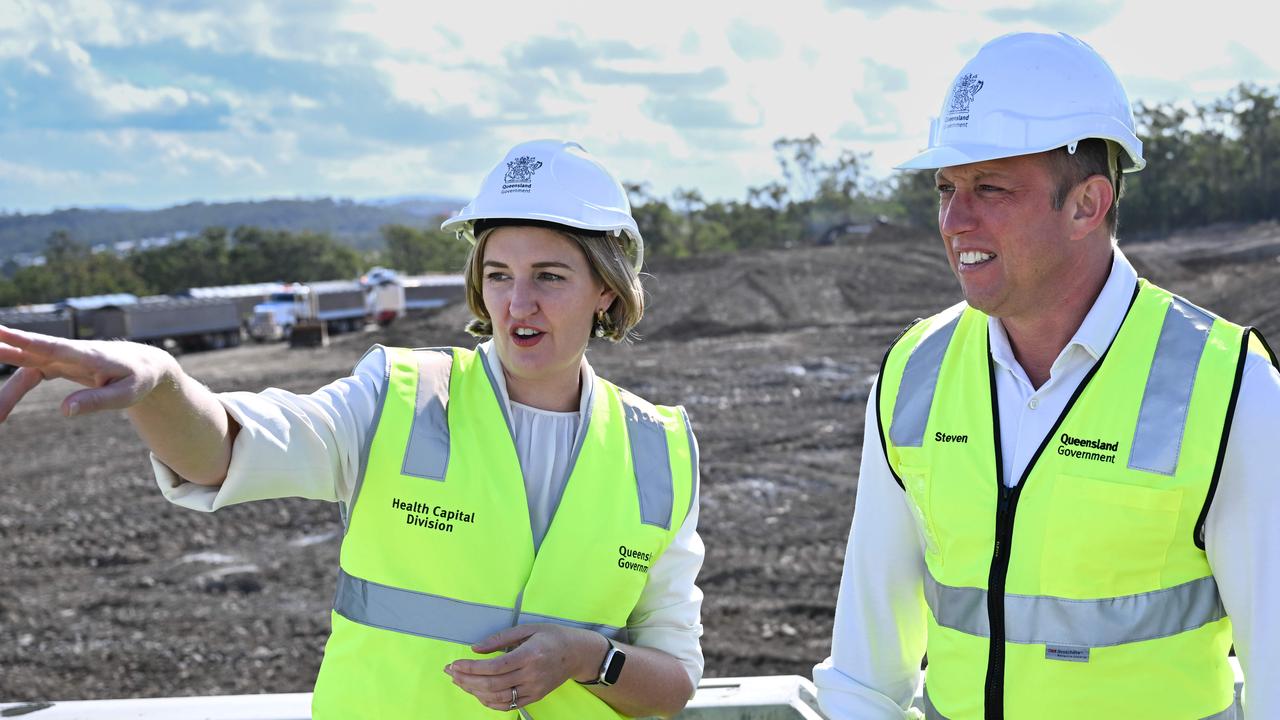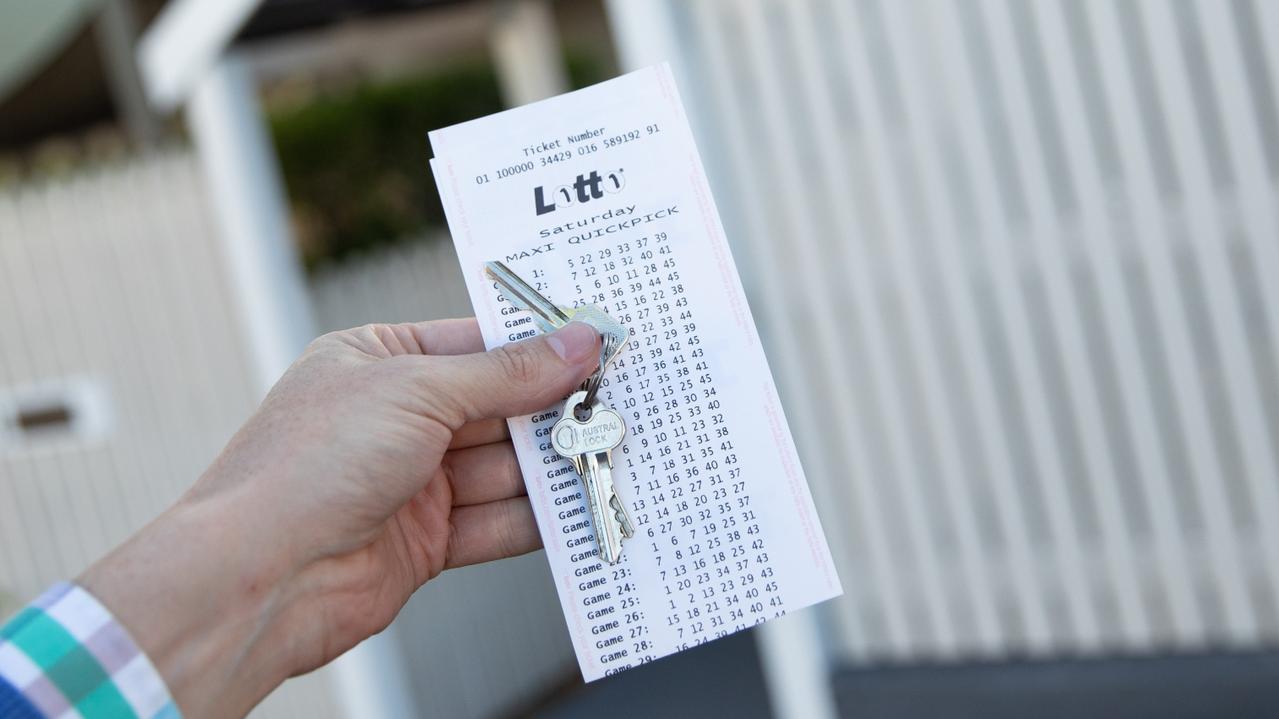Vikki Campion: Chris Bowen and Andrew Charlton are chalk and cheese on nuclear power
Two current Labor MPs may have started their post-school life in the same hallowed halls, but now one is a nuclear power visionary while the other is entranced by transmission lines, writes Vikki Campion.
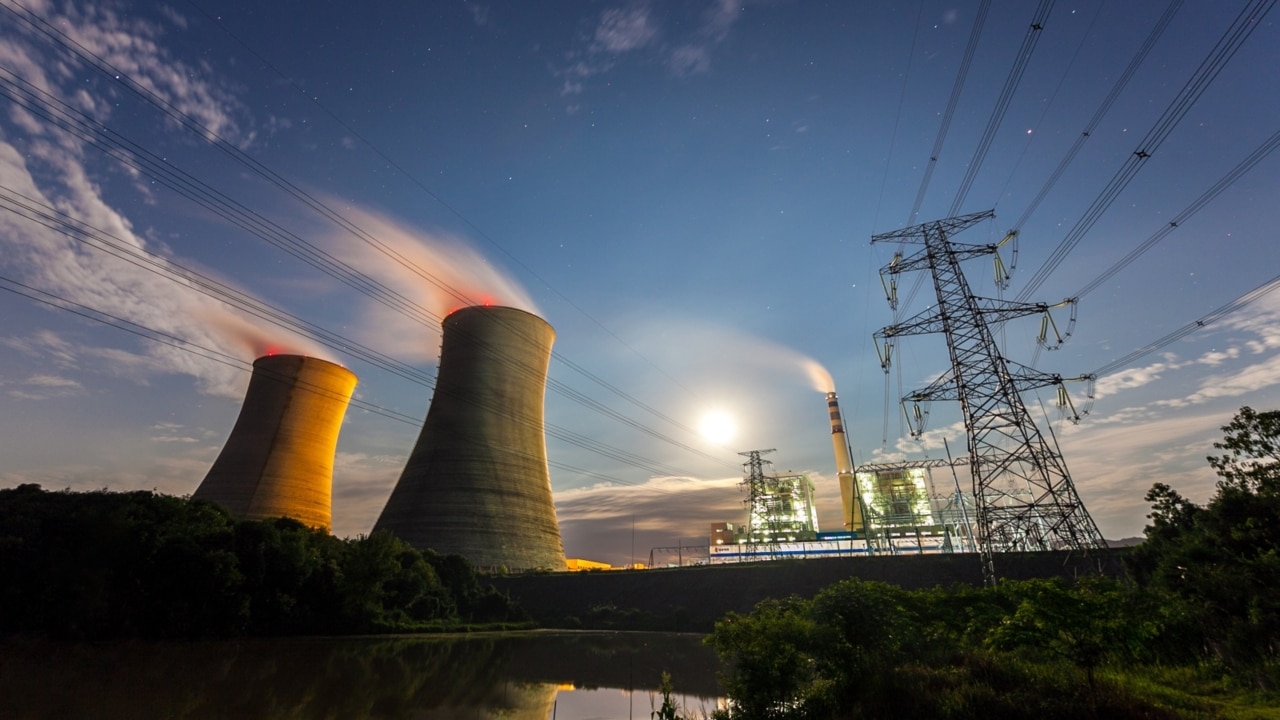
Opinion
Don't miss out on the headlines from Opinion. Followed categories will be added to My News.
Both began their journeys immersed in economics books at the University of Sydney, following the shining Labor Party path to parliament, but the bus split there.
One, a working economist, Doctor of Philosophy, Rhodes Scholar, and author of books, as well as an erudite 97-page insight on nuclear energy. He foresaw that fearmongering on nuclear would leave Australia worse off.
The path of the alternate journeyman, a former councillor, union official, political staffer, and career politician, dismisses nuclear as a heresy of “risky reactors”.
The scholar warned against “whipping up public fear over nuclear power’s danger”, but the career politician tells the parliament: “We reject risky nuclear reactors, and we adopt and endorse reliable renewables.”
These stark, contrasting views are now separated in Canberra by the colour of their office carpet — ministerial blue or backbench green.
One is in a trance for transmission lines, and the other suffers desertion of his assiduously resolved inner truth.
Discussing Australia’s antinuclear movement, the scholar notes its origins in the 1970s during the superpower conflicts: “Now opposition to nuclear power seems to misunderstand the balance of risk. For one thing, nuclear is cheaper and more reliable than renewable energy.”
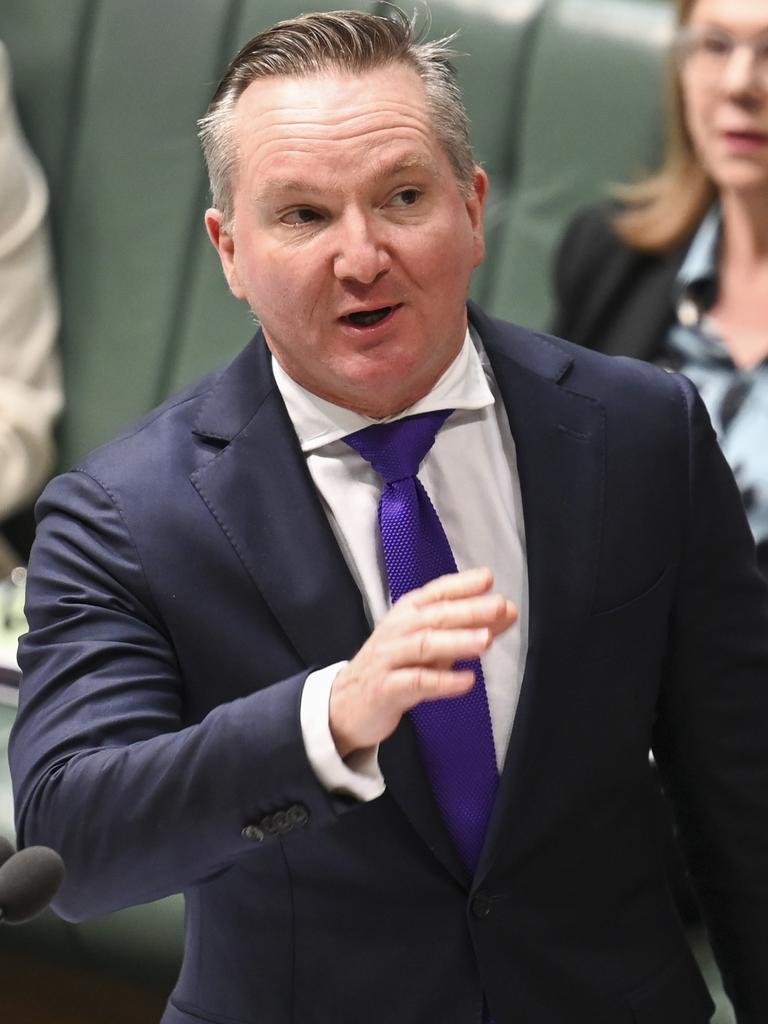
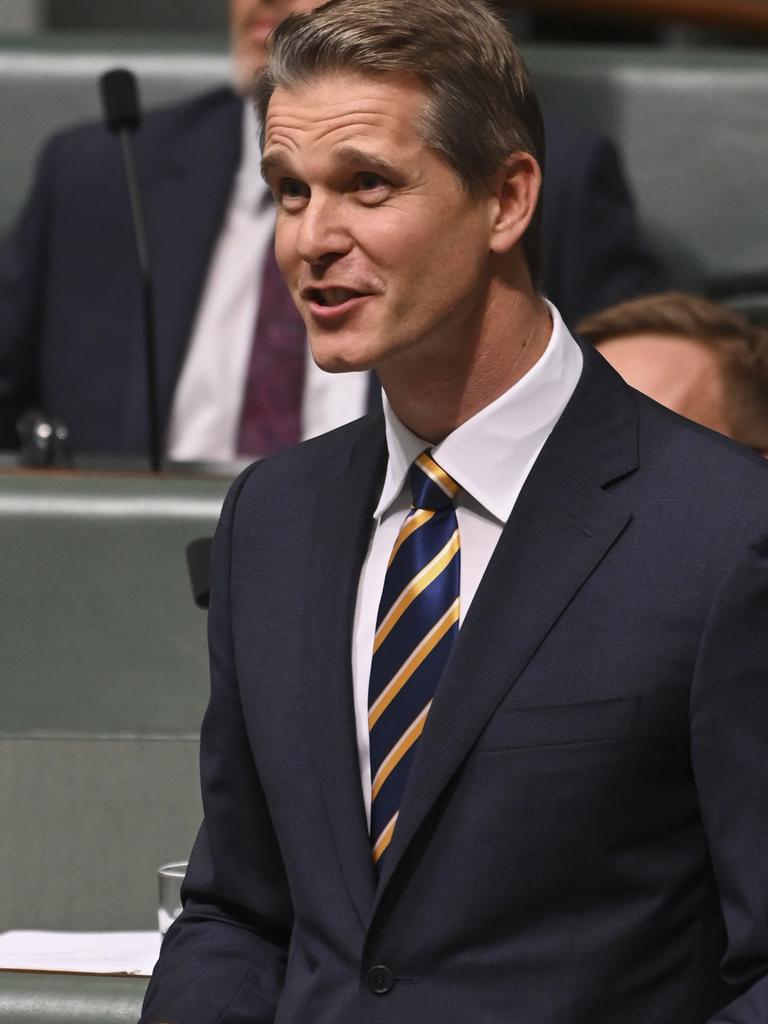
He cited industrialised countries such as France and Belgium, which had among the lowest emissions in the world thanks to nuclear, while admonishing the huge environmental costs of wind and solar.
“Massive volumes of concrete, steel, glass and rare elements will need to be mined and manufactured to produce solar panels and wind turbines if renewable energy facilities are rolled out at scale. Vast natural areas would also need to be used as locations for solar factories and wind farms,” the scholar wrote. He was proven right.
He acknowledged the realistic need for baseload power in nuclear and clean coal.
The scholar wrote: “Green campaigners who insist that deep emission cuts can be achieved with a mix of conservation, wind, and solar are wrong.”
He was never going to survive such heresy, so he recanted in silence.
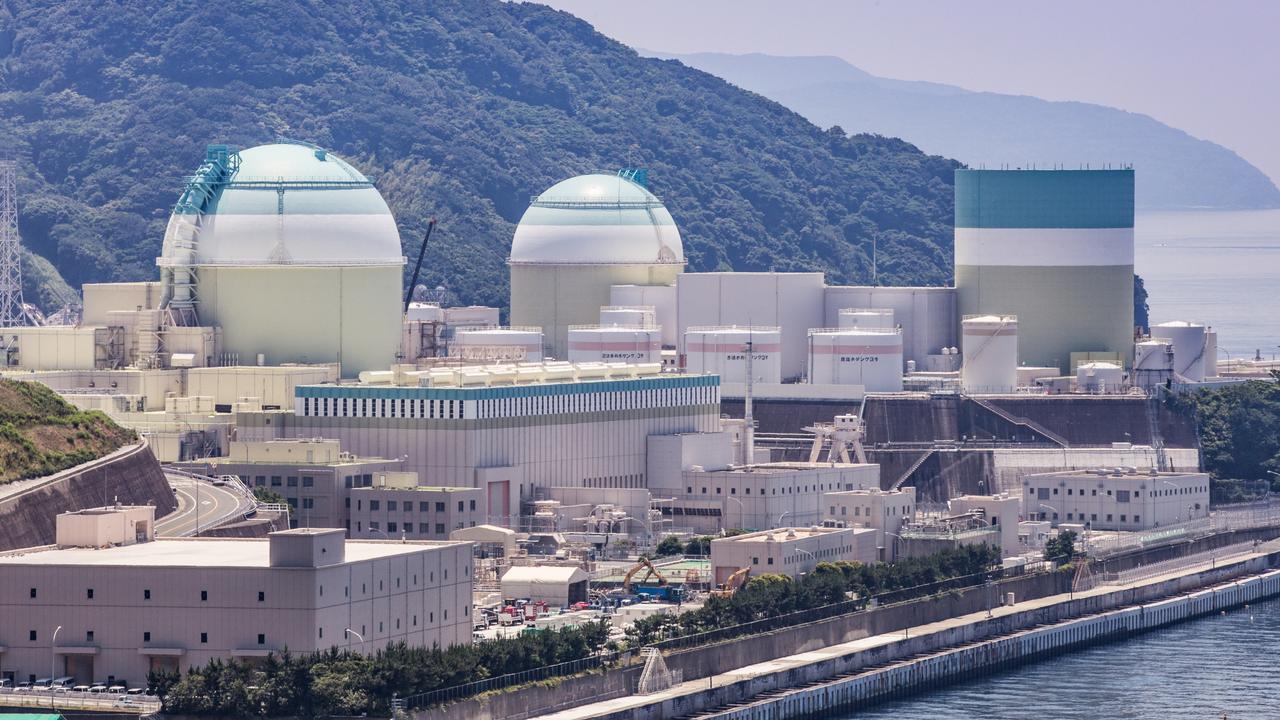
The career politician at the dispatch box insists we can reach 82 per cent renewable energy by 2030, and green jobs will be prolific, such as manufacturing solar panels.
The scholar before his election pointed out: “Job creation is only valuable if it takes workers into an industry where they are more productive than they would otherwise have been”.
Delivering the mail eight times a day creates jobs, but does not make good policy.
“Construction of alternative energy facilities to replace coal generators will create economic activity, but this is the same kind of activity a cyclone creates when it flattens a city. People are employed in the process, but everyone is poorer for the experience,” the scholar wrote.
The scholar’s balanced assessment concluded running Australia on 100 per cent renewables was “a pipe dream”. Smoking the pipe, the enraptured career politician believes “tremendous solar and wind resources can provide the basis for industries powered by cheaper, cleaner energy.”
In his essay, the scholar prophesied that a “large increase in renewable power would rapidly lead to sharp increases in energy costs,” while the career politician insists they are “critical for driving down bills.”
The career politician is Climate Change Minister Chris Bowen, who shapes the government’s energy policy. Mr Bowen is fond of digging through the archives to attack Liberals and Nationals on their pro-nuclear stance. But he has not read his party room’s library.
The scholar is Parramatta’s new MP Dr Andrew Charlton, the economist now gagged and forced into lock-step with other formerly pro-nuclear Labor colleagues who will no longer publicly support nuclear less they upset the leadership.
Dr Charlton’s Quarterly Essay 44 front-page article Man Made World, published in 2011, is the study of a person capable of PhD and huge economic business success.
Unfortunately, Australia is stuck with the prattle of a career politician brainwashed by wealthy intermittent power investors.
Mr Bowen should read the study by his junior colleague, still on sale for just $4.99, he might learn something.
Got a news tip? Email weekendtele@news.com.au
More Coverage
Originally published as Vikki Campion: Chris Bowen and Andrew Charlton are chalk and cheese on nuclear power




